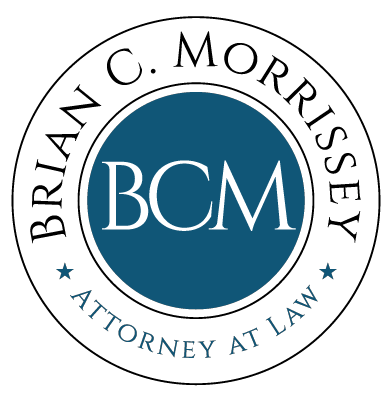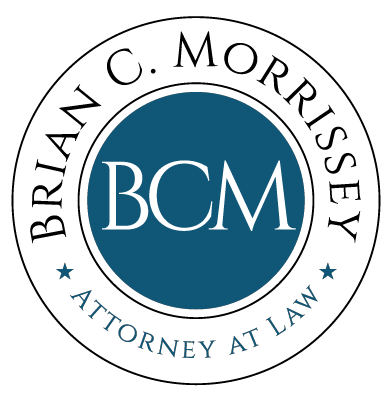Probation and Community Control
What is probation and what are the options in a probation violation?

Understanding Probation and Community Control in Ohio
What Happens After You’re Accused of a Crime
When someone is accused of a crime in Ohio, they will appear before a judge and either:
- Enter a plea of guilty or no contest, or
- Contest the charges and proceed toward trial.
Most criminal cases are resolved through plea agreements. In a plea deal, the prosecutor may agree to reduce the charge or recommend a lighter sentence in exchange for a guilty or no contest plea. Depending on the circumstances, the sentence may include jail, prison, probation, or community control.
In Ohio, the term “probation” typically applies to misdemeanor cases, while “community control” refers to felony cases. Both involve conditions set by the court that the defendant must follow in order to avoid incarceration.
When Is Probation an Option?
Not every case is eligible for probation. Several factors influence whether a judge imposes probation or a jail sentence.
1. The Severity of the Charge
For probation to be an option, the charge must carry the possibility of jail time. Minor misdemeanors (like most traffic tickets) cannot result in probation because they carry no jail penalty.
Serious felonies — such as rape or murder — rarely result in probation. In those cases, plea negotiations often focus on reducing the length of a prison sentence, rather than avoiding prison altogether.
2. The Defendant’s Criminal Record
A clean record increases the likelihood of receiving probation. A defendant with prior or recent convictions may find it harder to secure a non-jail sentence, especially if they have previously violated probation.
3. Past Performance on Probation
Judges also consider how well a defendant performed on prior supervision. If a person failed to meet probation terms in the past, the court is less likely to give them another chance.
4. The Victim’s Input
If the case involves a victim, the judge may take the victim’s wishes into account — whether they support or oppose a probationary sentence. While the judge is not bound by the victim’s request, it can influence the decision of the judge to impose incarceration or allow someone to serve their term on probation.
5. The Prosecutor’s Recommendation
A prosecutor’s recommendation can carry significant weight. If both sides agree to probation, judges are more likely to approve it but a judge does not have to follow the recommendation.
Common Conditions of Probation or Community Control
Every case is unique, but probation often comes with specific rules and requirements that must be followed. Common probation conditions include:
- Paying restitution, fines, and court costs
- Completing anger management or batterer’s intervention programs
- No contact with victims
- Maintaining stable employment and housing
- Submitting to random drug or alcohol tests
- Abstaining from drugs and alcohol
- Avoiding new criminal charges
- Attending AA or NA meetings (in substance-related cases)
- Staying away from certain locations (e.g., stores in theft cases)
Probation terms can range from one to five years, depending on the offense and court discretion. Typically, judges tailor the conditions to fit the nature of the charge — for example, requiring sobriety in drug cases or counseling in domestic violence cases.
Probation Violations and What Happens Next
Complying with probation isn’t always easy. Many people face challenges juggling work, family obligations, and frequent check-ins or drug screenings. Missing appointments or failing to complete required programs can result in a probation violation.
When a violation is alleged, the probation officer files a report with the court. The judge will then schedule a probation violation hearing. At that hearing, the court may:
- Continue probation as-is,
- Modify or extend probation terms, or
- Revoke probation and impose jail or prison time.
Preparing for a Probation Violation Hearing
If you’ve received a probation violation notice, it’s crucial to speak with a criminal defense lawyer as soon as possible. An attorney can help you gather proof of compliance or demonstrate good-faith efforts toward meeting your conditions.
For example:
- If you missed AA meetings, attending several before the hearing can show initiative.
- If you owe restitution, making regular payments — even partial — shows responsibility and may prevent a violation finding.
Judges often take these efforts into account when deciding whether to continue probation or impose jail time.
Why You Should Consult a Criminal Defense Attorney
Whether you’re negotiating a plea, starting probation, or facing a violation, having a skilled defense attorney can make a critical difference. A knowledgeable lawyer can:
- Review the facts of your case,
- Help to get in compliance with probation,
- Negotiate probation or community control terms,
- Represent you at violation hearings, and
- Work to keep you out of jail.
Contact a Toledo Criminal Defense Lawyer Today
If you or someone you care about has been charged with a crime or accused of a probation violation, contact Brian C. Morrissey, Attorney at Law LLC in Toledo, Ohio. I’ve helped clients throughout Northwest Ohio navigate probation and protect their rights.
📞 Call 419-830-7441, fill out a contact form at www.brianmorrisseylaw.com, or email brian@brianmorrisseylaw.com to schedule a free consultation today.


